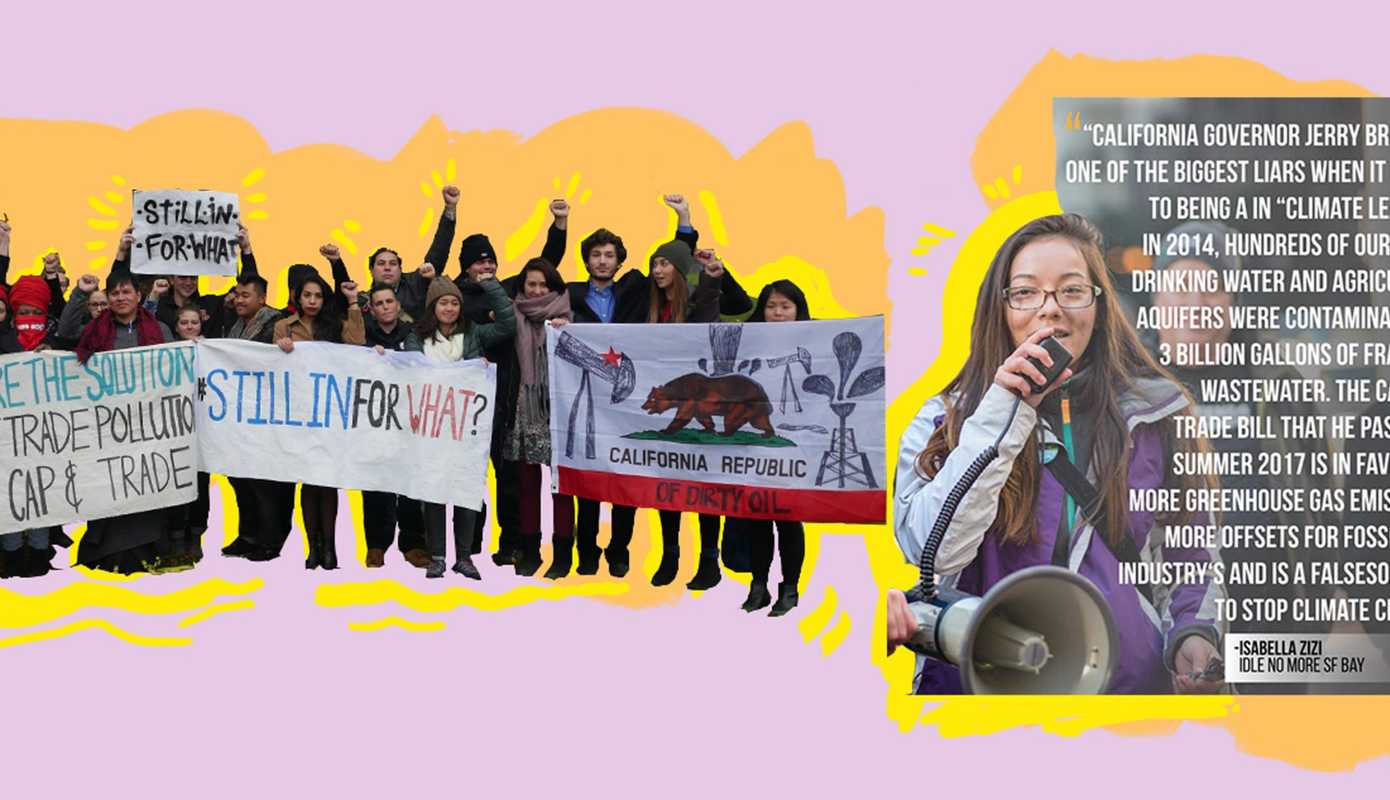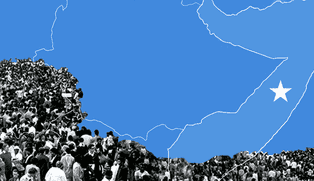My name is Isabella Zizi. I am of the Northern Cheyenne, Arikara, and Muskogee Tribes in Turtle Island, AKA the United States and I am an organizer with Idle No More SF Bay. Near my community lies a refinery corridor stretching almost 40 miles. It runs from Pittsburg, CA to Richmond, CA. This corridor includes Shell, Tesoro, Phillips 66, Valero and Chevron oil refineries. Throughout my life my family, along with our community, have suffered from the impacts of these refineries; we’ve been hospitalized after explosions, we’ve been told not to go outside for days at time because the toxins in the air will make us sick, and we’re unable to drink the water because it has been contaminated. This is why I joined the It Takes Roots delegation last week and travelled to Bonn, Germany for the UN Climate Change Talks: COP23. This delegation, made up of four grassroots organizations, went to the conference with a mission to have our voices and experiences heard and to be recognized as leaders in the climate justice movement. One of the four organisations that make up It Takes Roots is the Indigenous Environmental Network, an organization that supports Indigenous-led projects and campaigns across North and South America, in an effort to protect Indigenous rights, resources, land and water. Here’s why we went to COP23:
1. To show our solidarity with the global community. The United States pulled out of the 2015 Paris agreement. #45 (AKA President Trump) made this decision based on his own beliefs, not the people’s. This decision not only puts Indigenous communities in the United States at risk but also Indigenous communities across the globe.
2. To call for for bolder action. The Paris Accord is a step in the right direction but it does not include human and Indigenous Rights, and it is not legally binding. In order to mitigate climate change effectively, governments and corporations need to honour Indigenous Rights. The fossil fuel projects that produce the most emissions and lead to more climate change are happening on Indigenous lands and are displacing Indigenous Peoples.
3. We cannot allow false solutions. The United Nations Framework on Climate Change Convention should really be called the “Global Carbon Pricing Convention” because that’s what it is. UN leaders are not talking about the best solutions for the people, they are talking about how to continue polluting and extracting through carbon offsetting and carbon trading. These tactics are not solutions, they are distractions and they will not solve the climate crisis. Amongst the biggest carbon pricing promoters is California Governor, Jerry Brown. I went to COP23 to address Governor Brown directly and to say his “Cap and Trade Bill” is a scam.
4. We must look at traditional ecological knowledge and grassroots solutions if we want to mitigate and adapt to climate change effectively. Indigenous Peoples and communities who are dealing with the impacts of climate change and we know how to maintain ecological balance, how to care for the soil and the crops during these changes, and how best to protect our communities from more devastation. This knowledge needs to be listened to and implemented in the Paris Agreement, despite not being undertaken at COP23.
5. We must keep fossil fuels in the ground. An overwhelming number of scientists say that the best way to reduce emissions is to stop all new fossil fuel development. The future of humanity depends on this. We need to stop mining coal and extracting tar sands. We need to stop fracking and finally commit to renewable, clean energy.
Just days after I got back from COP23 I received news that the Keystone XL pipeline – a pipeline that crosses the United States and carries extremely toxic oil from the Tar Sands – leaked over 200,000 gallons of oil in South Dakota, my ancestral lands. Almost immediately after this announcement, the state of Nebraska approved the building of the KXL pipeline through their state. This decision is a huge step backward in mitigating climate change. Moving forward we must continue a global divestment from banks that fund these projects. Wherever you are, we all need to be standing with and listening to Indigenous and frontline solutions. Follow Indigenous Rising Media on FaceBook, Twitter and Instagram, and support their ongoing work.




